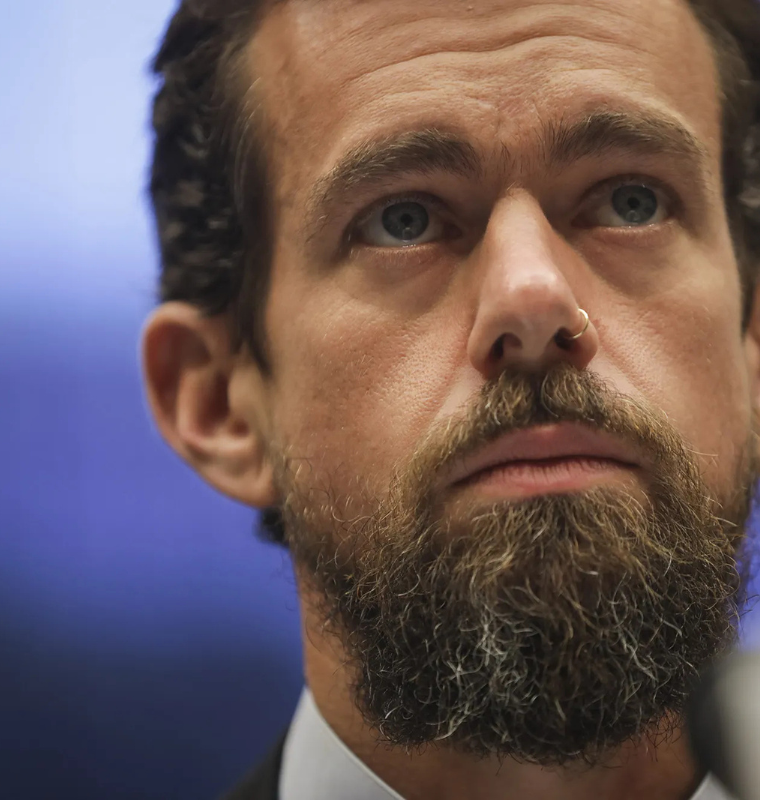Senate Moves Toward Ending 40-Day Government Shutdown as Crucial Deal Advances
Senate Moves Toward Ending 40-Day Government Shutdown as Crucial Deal Advances
By
Leah Rosenfeld
Last updated:
November 10, 2025
First Published:
November 30, 2025

Getty Images
After six weeks of political gridlock and mounting public frustration, the U.S. Senate has taken a major step toward ending the government shutdown that began on October 1. In a tense late-night session on Sunday, lawmakers narrowly passed the first procedural vote on a bipartisan deal to reopen federal operations and restore pay to hundreds of thousands of workers.
The motion passed with exactly 60 votes in favor and 40 against, the minimum threshold required to advance. The breakthrough came after eight Democratic senators broke from party leadership to support the compromise, signaling a rare moment of cross-aisle cooperation in an otherwise polarized Congress.
Applause broke out on the Senate floor when Sen. John Cornyn (R-TX), who had flown in last minute from Texas, cast the decisive vote just before 10:50 p.m. ET. “After 40 long days, I’m hopeful that we can finally bring the shutdown to an end,” said Sen. John Thune (R-SD), who led negotiations alongside the White House and a small group of centrist Democrats.
What the Agreement Includes
The new deal would fund the government through January 31, 2026, providing temporary relief for millions of Americans affected by the shutdown. It also includes a guaranteed December vote on extending the Affordable Care Act (ACA) enhanced premium tax credits, which over 20 million Americans rely on to lower their health insurance costs.
While the tax credit extension itself is not part of the current package, Democrats secured a written commitment from Senate leadership to hold a separate vote on it before year-end.
The package further ensures:
- Back pay for all federal employees, including those furloughed since October 1.
- A ban on permanent layoffs of government workers through fiscal year 2026.
- Full funding for the Supplemental Nutrition Assistance Program (SNAP), which supports more than 42 million Americans with food assistance.
- A renewed bipartisan budget process aimed at reducing future shutdown risks.
The measure must still pass the House of Representatives and be signed by President Donald Trump before the shutdown formally ends.
Political Concessions and Tensions
The shutdown—one of the longest in U.S. history—was triggered by disputes over federal spending priorities and the extension of ACA tax credits, a core Democratic demand.
For weeks, negotiations stalled as both parties blamed each other for the impasse. Democrats insisted on including healthcare subsidies in any deal, while Republicans refused to discuss them until after the government reopened.
The turning point came over the weekend, when Senators Jeanne Shaheen (D-NH), Maggie Hassan (D-NH), and Angus King (I-ME) broke ranks to negotiate directly with Thune and the White House. “It’s been six weeks,” King said during a press conference. “We realized the shutdown was doing more harm than any delay on ACA credits ever could.”
Other Democrats—including Dick Durbin (IL), Catherine Cortez Masto (NV), Jacky Rosen (NV), John Fetterman (PA), and Tim Kaine (VA)—joined in supporting the measure, citing the urgent need to reopen government services and restore paychecks.
Opposition from Party Leaders
Despite the progress, not all Democrats were on board. Senate Minority Leader Chuck Schumer (D-NY) blasted the deal, saying it “abandons millions of families” by failing to include immediate healthcare relief. Sen. Bernie Sanders (I-VT) went further, calling the agreement “horrific” and dismissing the promised December vote as “a meaningless gesture.”
Schumer argued that without the ACA tax credit extension, millions of Americans could see insurance premiums spike by up to 40% in 2026, worsening the affordability crisis.
Republican support was also not unanimous. Sen. Rand Paul (R-KY) was the only Republican to vote against the motion, citing concerns over federal overspending and “unnecessary government expansion.”
What Happens Next
The Senate will hold additional votes on Monday to finalize the legislation before sending it to the House. If approved there, President Trump is expected to sign the bill, officially reopening the government and ending weeks of halted paychecks, frozen programs, and growing economic anxiety.
Economists estimate the shutdown has already cost the U.S. economy over $24 billion in lost productivity and consumer confidence, with ripple effects expected through early next year. The Congressional Budget Office (CBO) warned that another prolonged funding lapse could shave 0.2% off GDP in the first quarter of 2026.
Still, for millions of government employees and contractors, this deal offers long-awaited relief. As Sen. Shaheen said, “This was the only deal on the table. It’s not perfect, but it gets America back to work.”
Popular articles
Subscribe to unlock premium content
London’s Gourmet Playgrounds

From Bean to Buzz in Thailand

The Secret Life of Pop-Up Luxury Restaurants in Paris

London’s Gourmet Playgrounds

From Bean to Buzz in Thailand

London’s Gourmet Playgrounds









